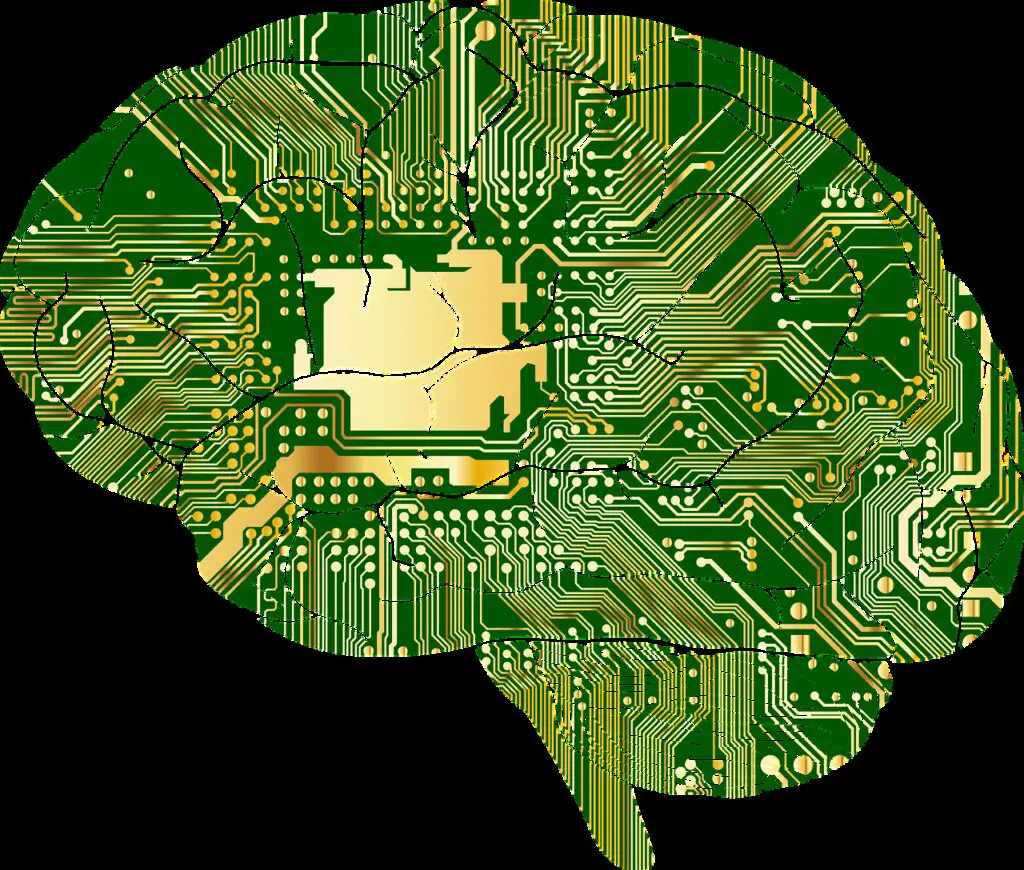Artificial intelligence (AI) is rapidly transforming our world and changing the way we live and work. From Siri and Alexa to self-driving cars and automated financial systems, AI is increasingly becoming a part of our daily lives. In this article, we’ll explore the rise of AI and how it’s shaping the future of technology.
One of the biggest drivers of the rise of AI is the exponential growth in computing power and the vast amounts of data generated by the internet. This data, combined with advanced algorithms and machine learning techniques, is allowing computers to perform tasks that were once only possible for humans.
This has led to the development of new technologies, such as natural language processing, computer vision, and robotics, which are helping to make our lives easier and more efficient.
Another key factor driving the rise of AI is the growing demand for more sophisticated and personalized services. Whether it’s through chatbots that provide customer support, personal shopping assistants that recommend products, or virtual personal trainers that help us stay fit, AI is increasingly being used to provide tailored experiences that meet the specific needs of individuals.
One of the most exciting applications of AI is in the field of robotics. From self-driving cars to autonomous drones, robots are becoming more and more advanced, allowing us to automate many tasks that were once performed by humans. This is leading to new and more efficient ways of manufacturing goods, delivering packages, and providing services, as well as creating new opportunities for exploration and discovery.
However, with the rapid rise of AI, there are also concerns about its impact on society and the workforce. There are fears that automation and AI will lead to widespread job loss, and that this could have a major impact on the economy and the standard of living for many people. There are also concerns about the ethical and moral implications of AI, such as the potential for bias and discrimination, and the risk of using AI to create autonomous weapons.
Despite these challenges, the trend towards AI and automation is unlikely to slow down any time soon. In fact, it’s likely to accelerate as new technologies are developed and more data becomes available. As a result, it’s important for businesses, governments, and individuals to start preparing for the future of AI and to consider the opportunities and challenges that lie ahead.
In conclusion, the rise of AI is transforming our world and shaping the future of technology. From personalized services to robotics, AI is becoming an increasingly important part of our daily lives.
However, there are also concerns about its impact on society and the workforce, and it’s important to consider these challenges as we move forward into the age of AI.
Whether we’re preparing for the future or simply trying to stay ahead of the curve, it’s clear that AI will play a significant role in shaping the world in the years to come.



